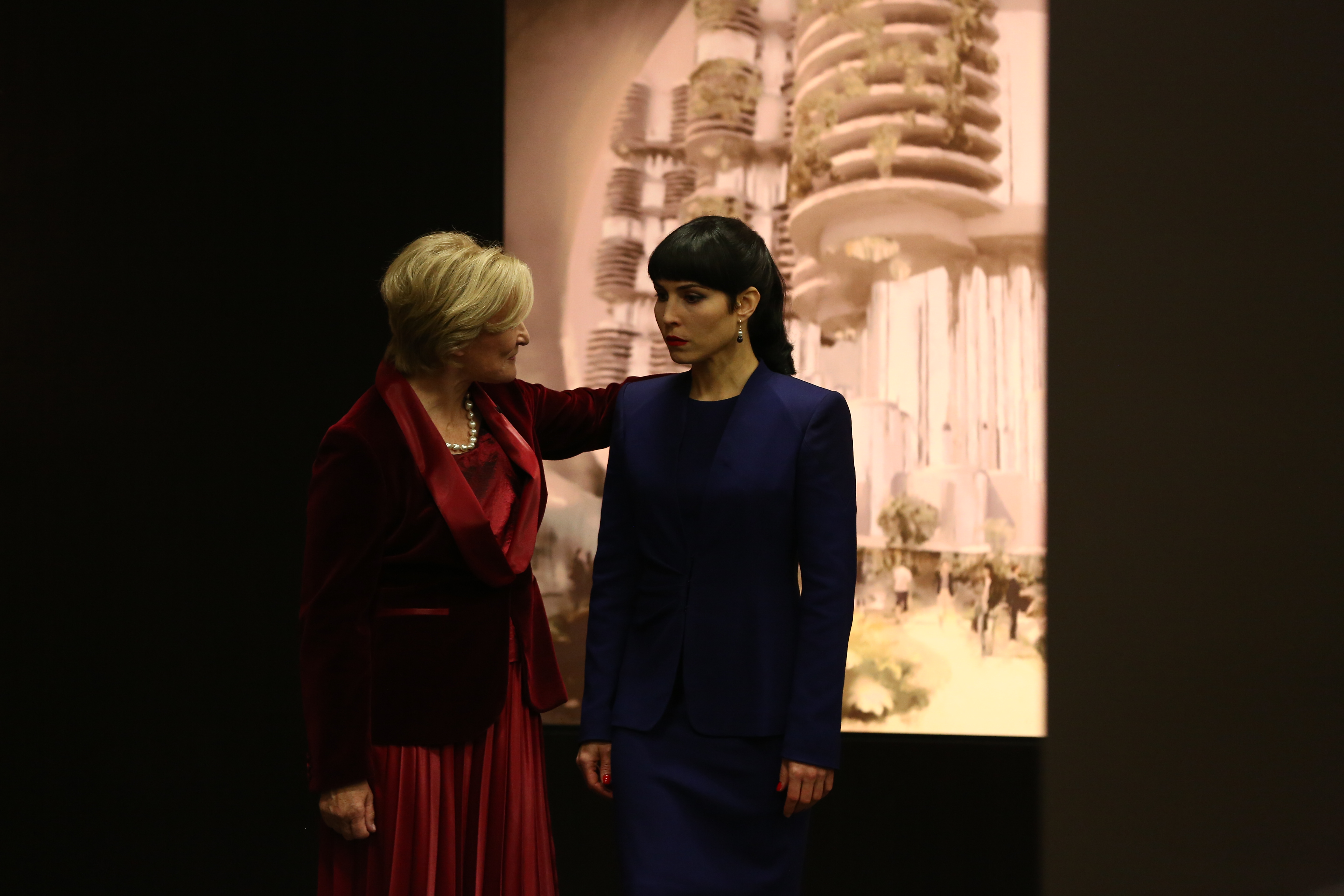

More than 1,000 explosives and the debris of rockets are lined up in rows, covering an area half the size of a football field, Lorenzo Tondo wrote. Then, one by one, officials working for Ukrainian prosecutors recovered, registered and catalogued them, before moving them to a fenced-off area in an industrial district of Kharkiv city that has become known as the “missile cemetery”. Photograph: Alessio Mamo/The Guardianĭuring the first few months of Russia’s full-scale invasion of Ukraine, the cruise missiles fired by Moscow at its neighbour remained embedded for days at a time in the buildings and streets of the north-eastern province of Kharkiv. “I don’t think that is hyperbole … we need to have the stamina to deliver on justice.” A family at war in the hell of Bakhmutĭmytro Chubenko, a spokesperson for the Kharkiv regional prosecutor’s office, with collected parts of Russian rockets at the ‘missile cemetery’ in Kharkiv. The prosecutor for the ICC, Karim Khan, challenged the Kremlin to allow Ukrainian children abducted to Russia to return home, Patrick Wintour reported. Unlike the many parents who have no knowledge of their children’s whereabouts, his family has been reunited, after he undertook a risky journey over the border to rescue them. Mezhevyi’s children were taken while he was being held in jail by Russian-backed separatists for 45 days. The 40-year-old single father is one of thousands of Ukrainian parents whose children have been abducted and transferred to Russia since Putin invaded last year – forced deportations that prompted the international criminal court (ICC) to issue an arrest warrant for the Russian president on Friday. Yevhen Mezhevyi struggled to hide his anger on Sunday when he saw footage of Vladimir Putin, the man who had overseen the deportation of his three children, visiting his home town of Mariupol.

Yevhen Mezhevyi, who went to Russia to bring his children Matvii, Sviatoslav and Oleksandra – kidnapped by Moscow – back home.


 0 kommentar(er)
0 kommentar(er)
